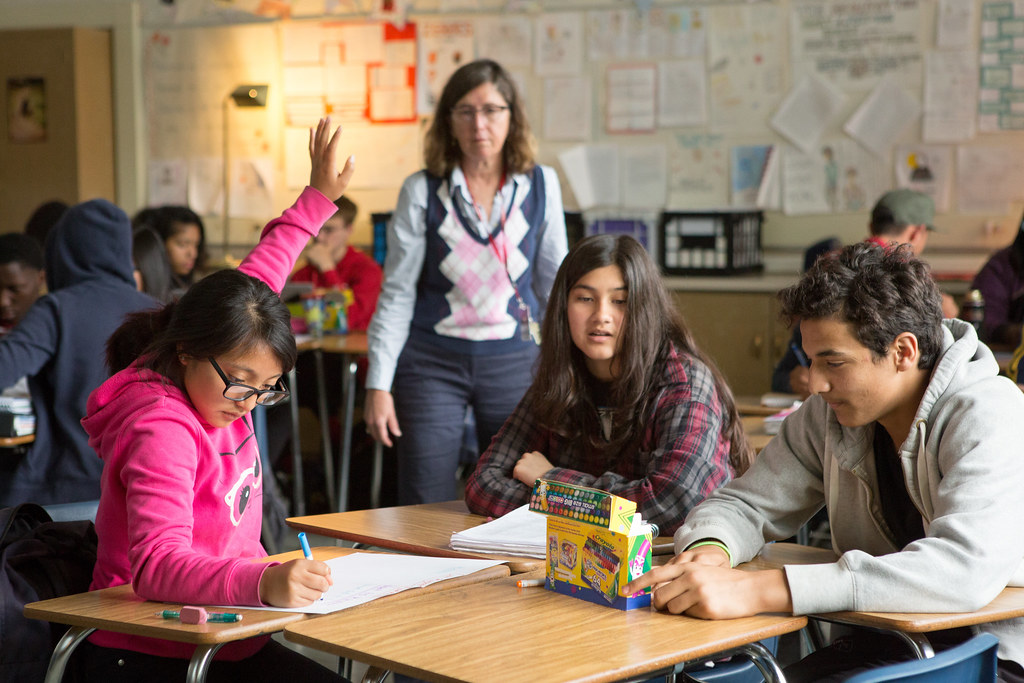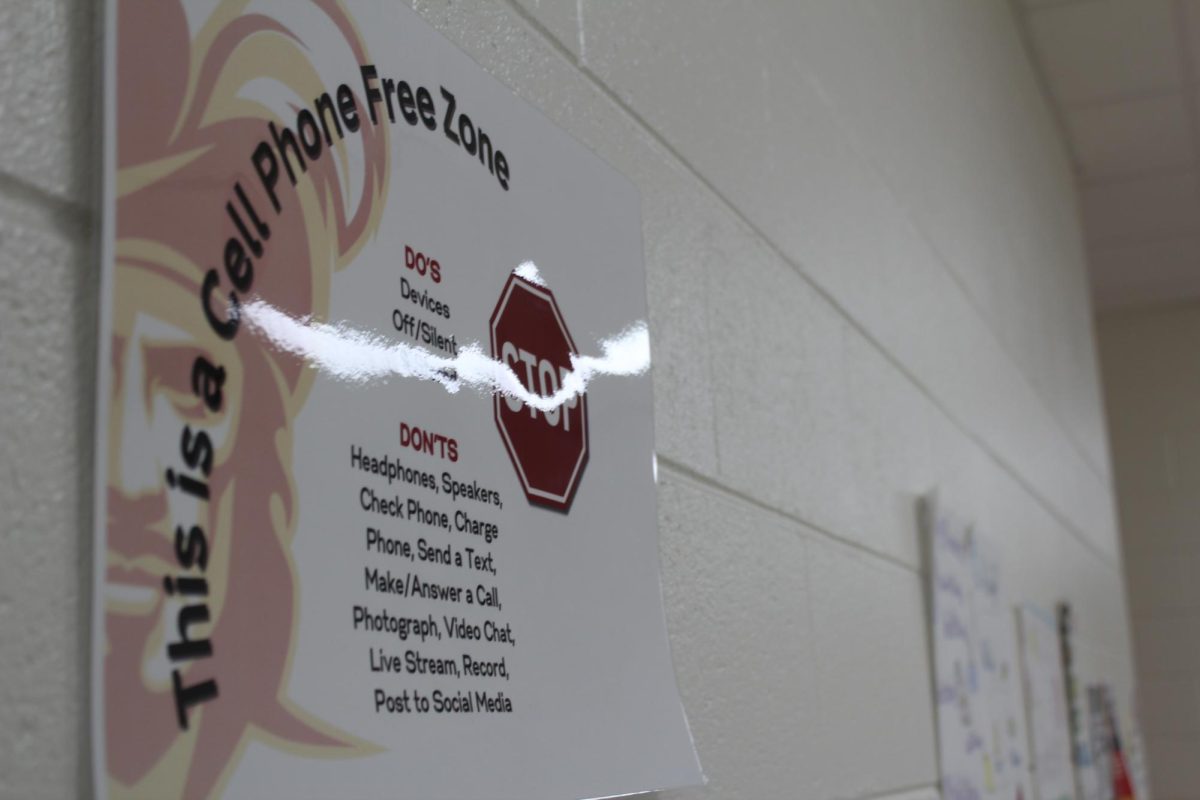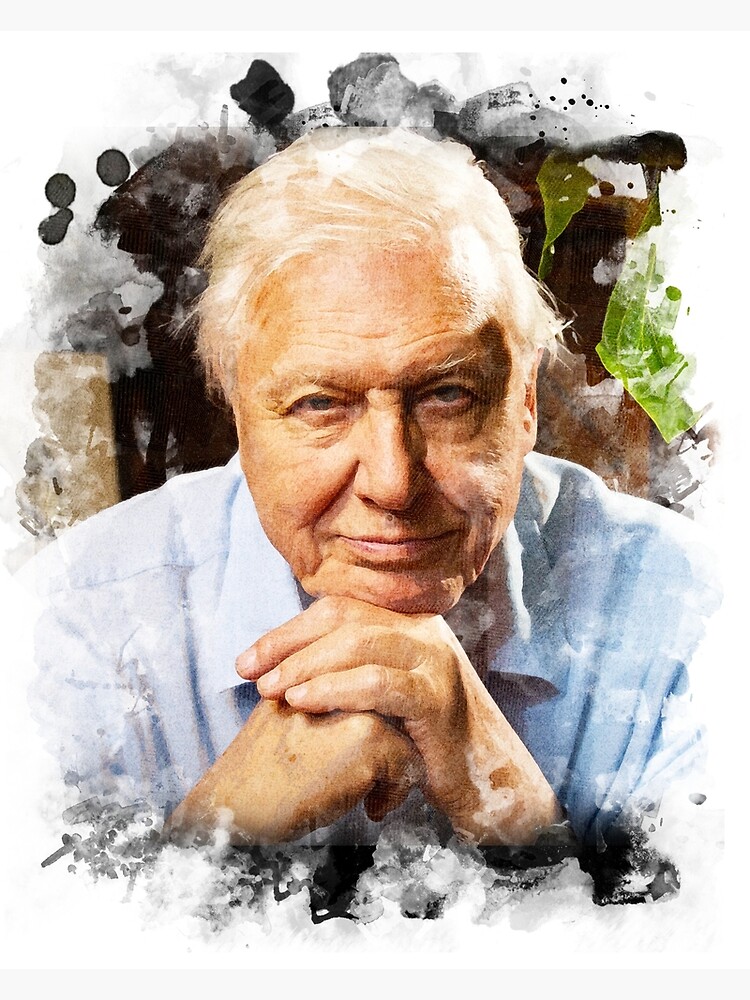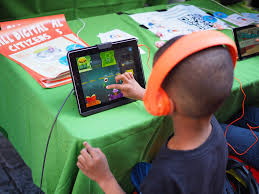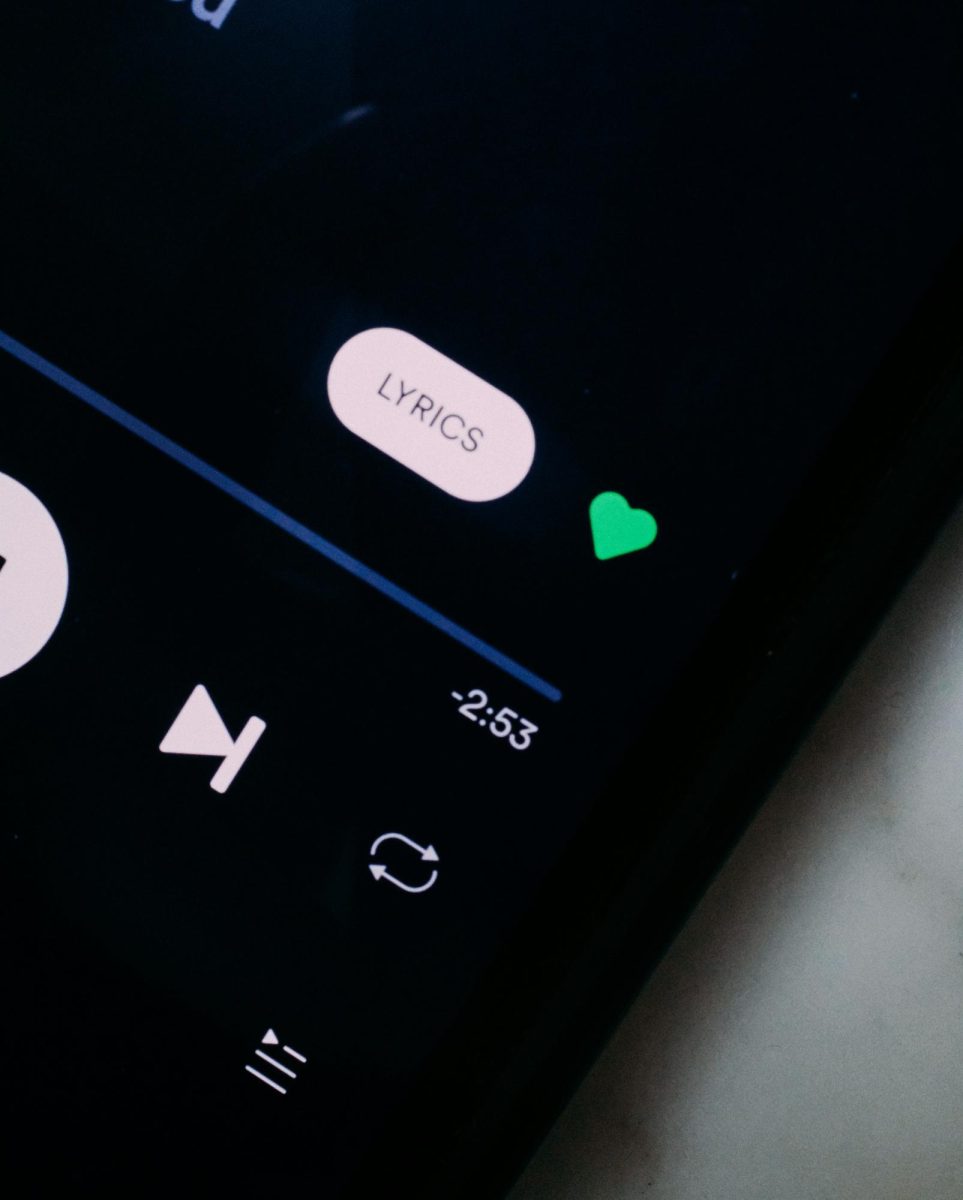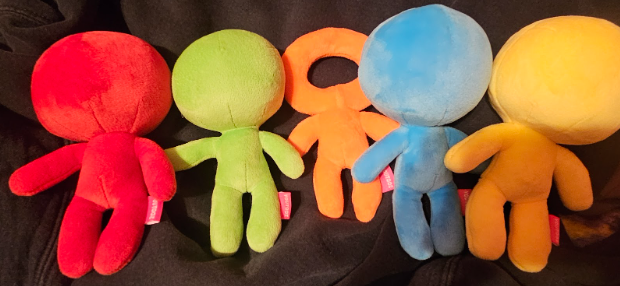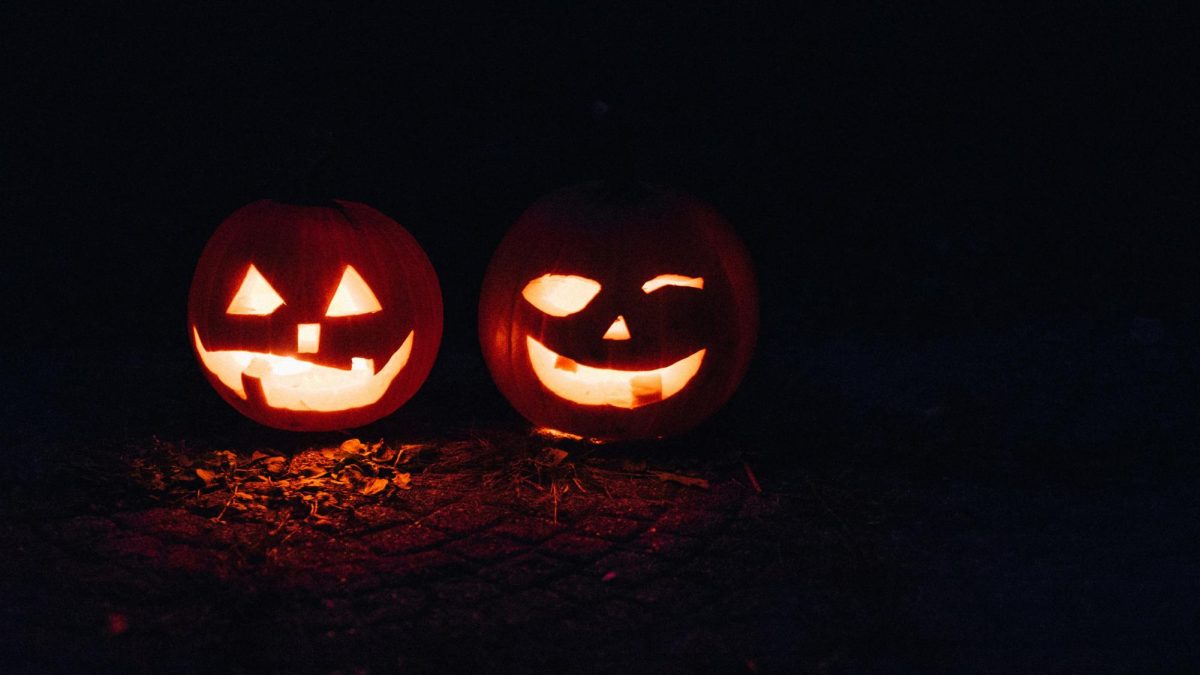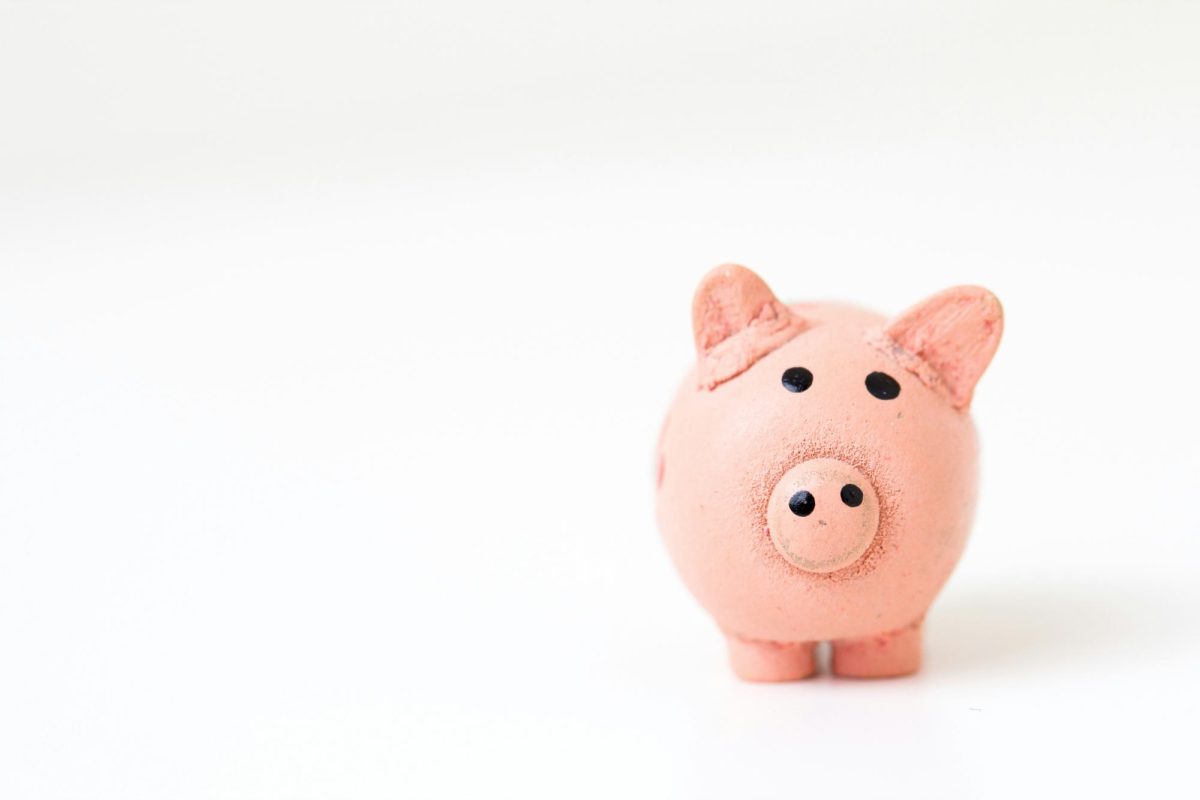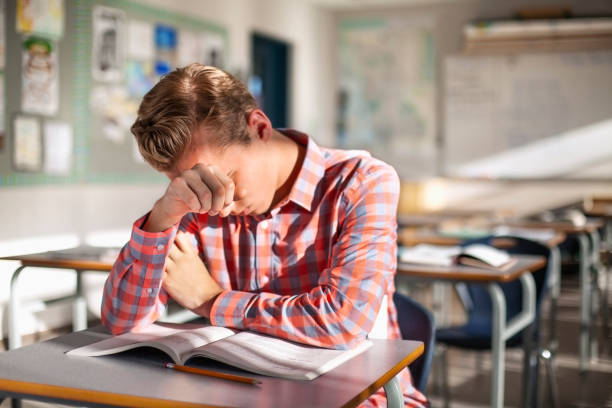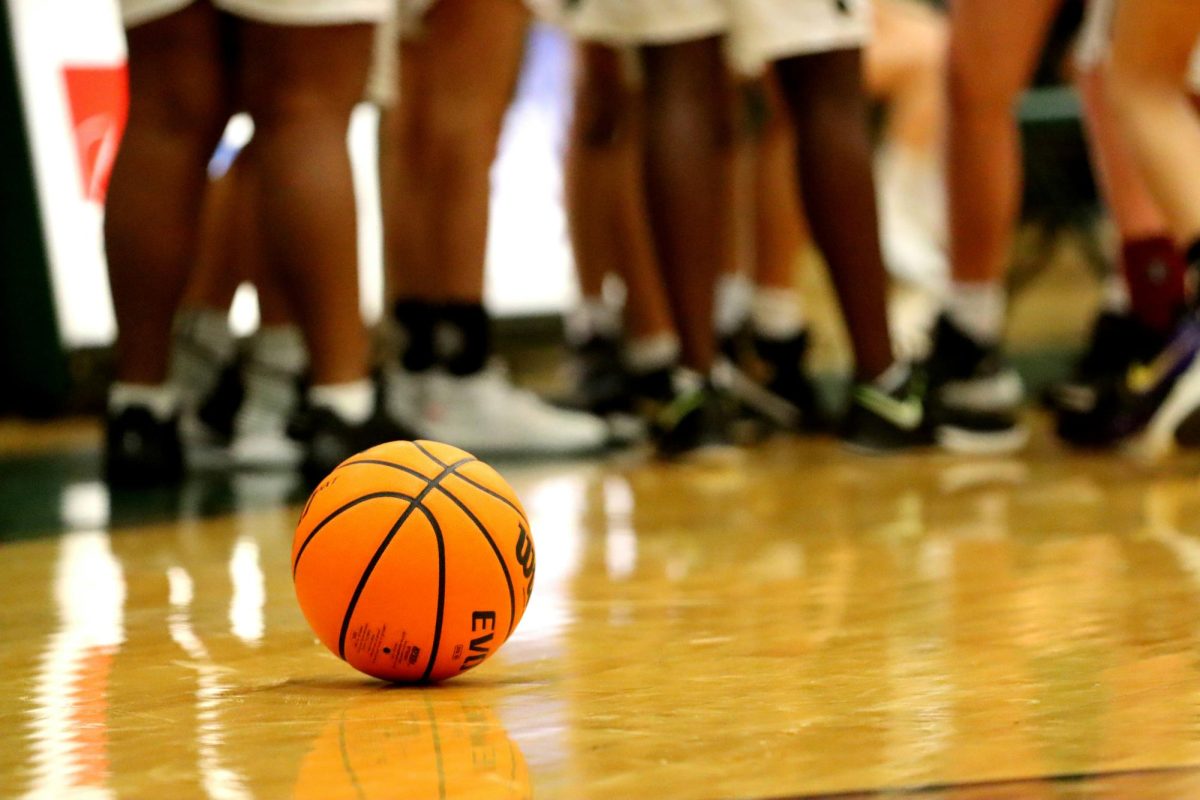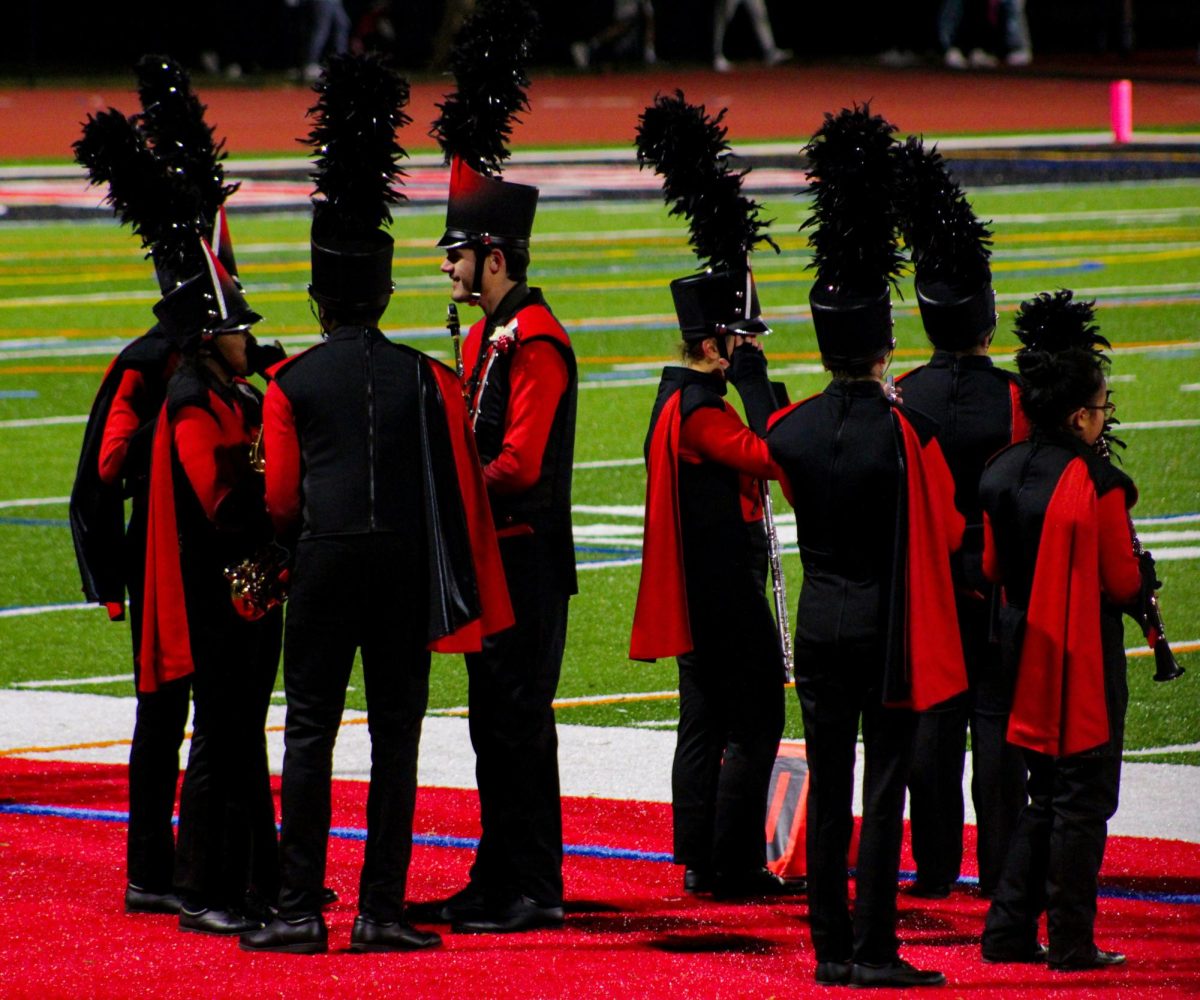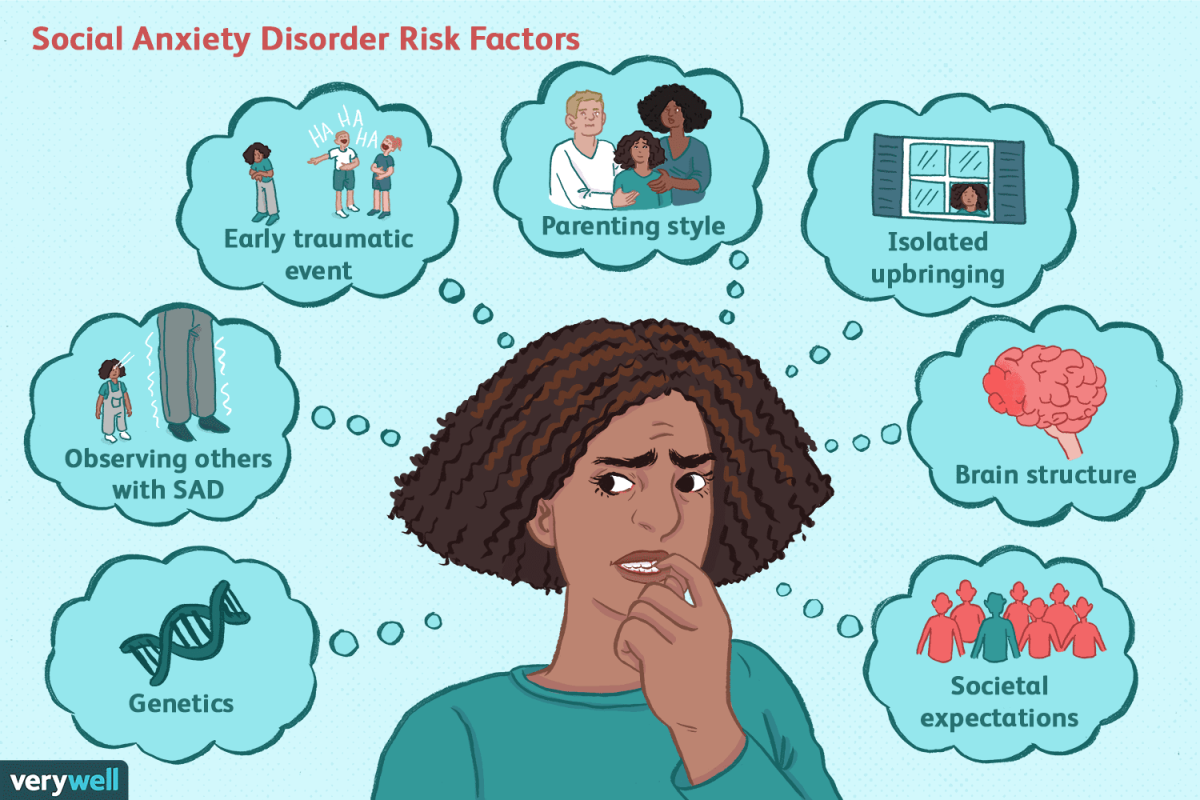Social Anxiety is an intense, constant fear of being watched and judged by others. It can affect how you are around people, and it can be hard to talk to people or be around big crowds. Social Anxiety can affect work or school or other daily activities. It can also make it hard to make friends. Social anxiety is treatable by medicine or cognitive behavioral therapy. The National Institutions on Mental Health states that “CBT teaches you different ways of thinking, behaving, and reacting to situations to help you feel less anxious and fearful.” If you want help, try talking to a therapist or your doctor. Getting put on medication for social anxiety may take weeks to work, but many who take it are happy with the results. People can build a tolerance to the medication, so over time, higher doses are needed so they work the same. You can ask your doctor when you will start to feel better after starting medication.
Social anxiety affects 1 out of 3 teenagers, usually in the age range of 13 and 18. It is the most common anxiety disorder and affects more than 19 million people in America. People who suffer from social anxiety try to avoid social situations in general. This leads to self-isolation and withdrawal, and relationships plummet. Polaris Teen Center states, “Those with SAD may realize and acknowledge that their anxiety is often unreasonable or unwarranted, but still find themselves trapped in the cycle of anxiety and fear of social humiliation or embarrassment.” It is a constant cycle, and many need help to escape. Social anxiety can cause physical symptoms such as nausea, trembling, sweating, and blushing. These symptoms might occur for people with social anxiety in everyday situations.
Having social anxiety can make you feel self conscious, a persistent fear of being judged by others, or shy and uncomfortable. You might feel the need to avoid eye contact, and it’s hard to talk to people. It can affect your relationships because people with it tend to self-isolate and let their relationships just drift. Social anxiety can also lead to depression, low self-esteem, and negative thoughts. Many people have social anxiety and are affected by it in their everyday lives. So, just know if you have it you’re not alone.


